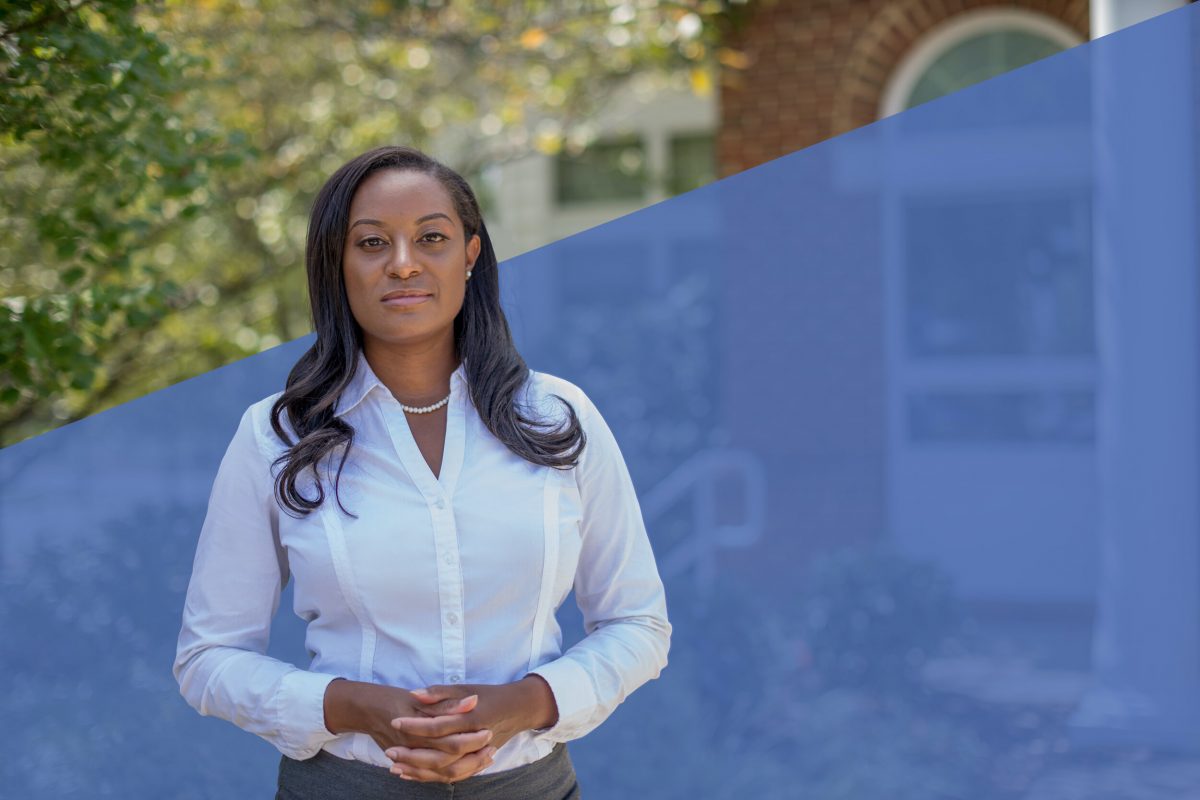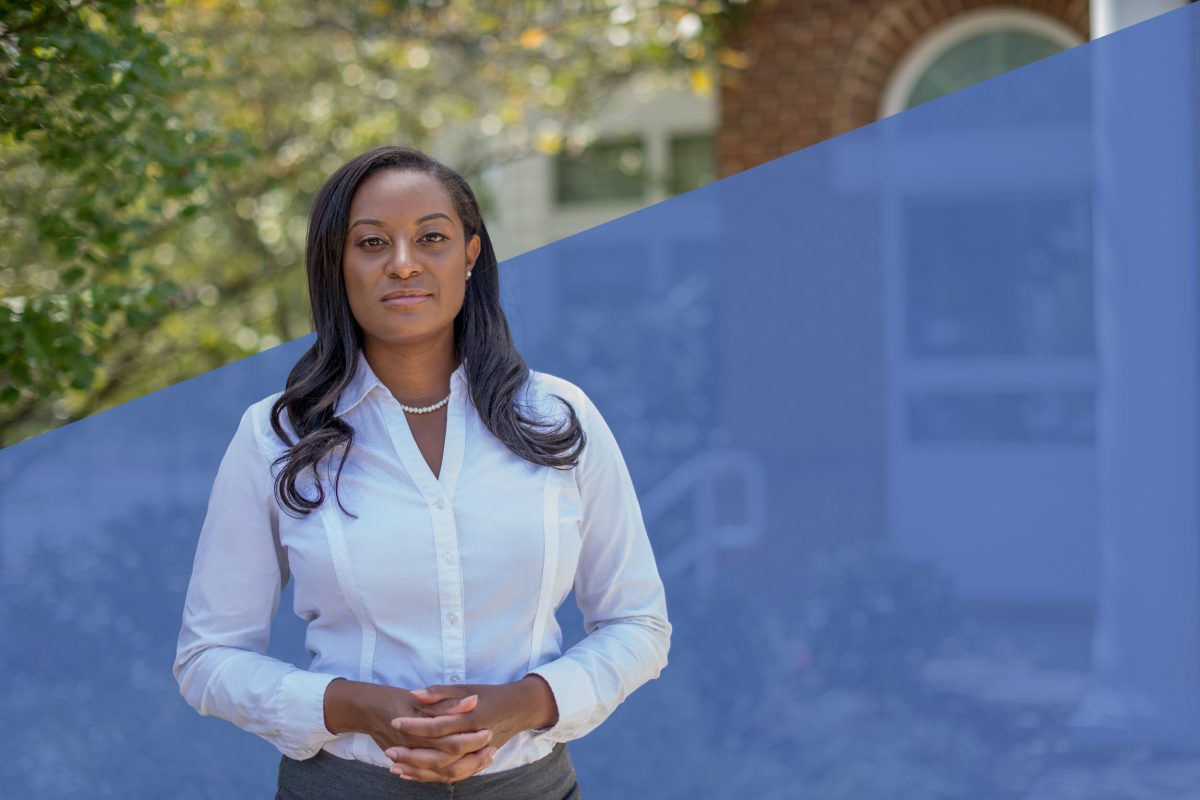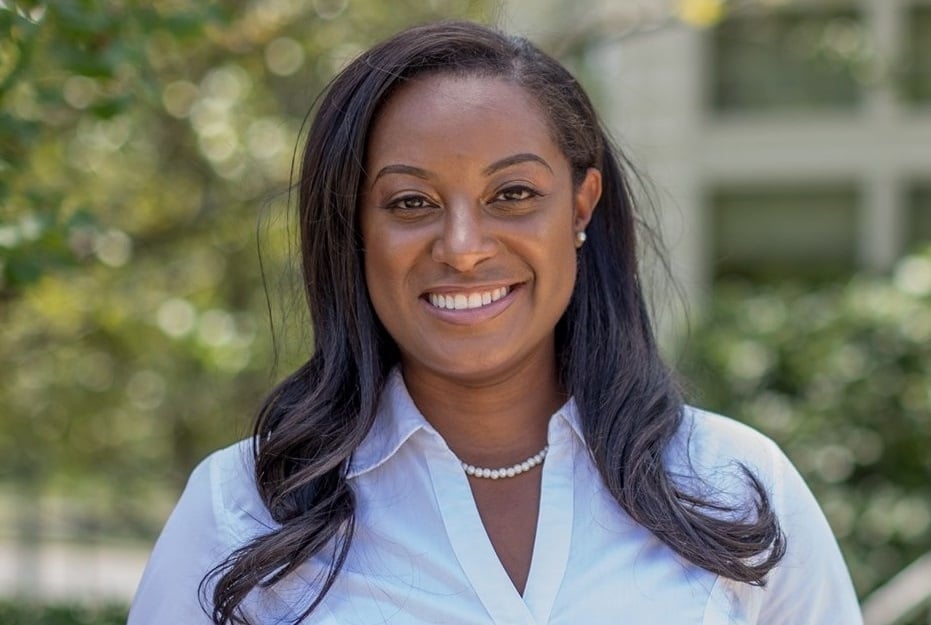In the wake of last summer's protests and the pulling down of Confederate monuments around the state, universities within the commonwealth are dealing with the remnants of the Confederacy and of systemic racism that remain on their campuses today. Virginia...




